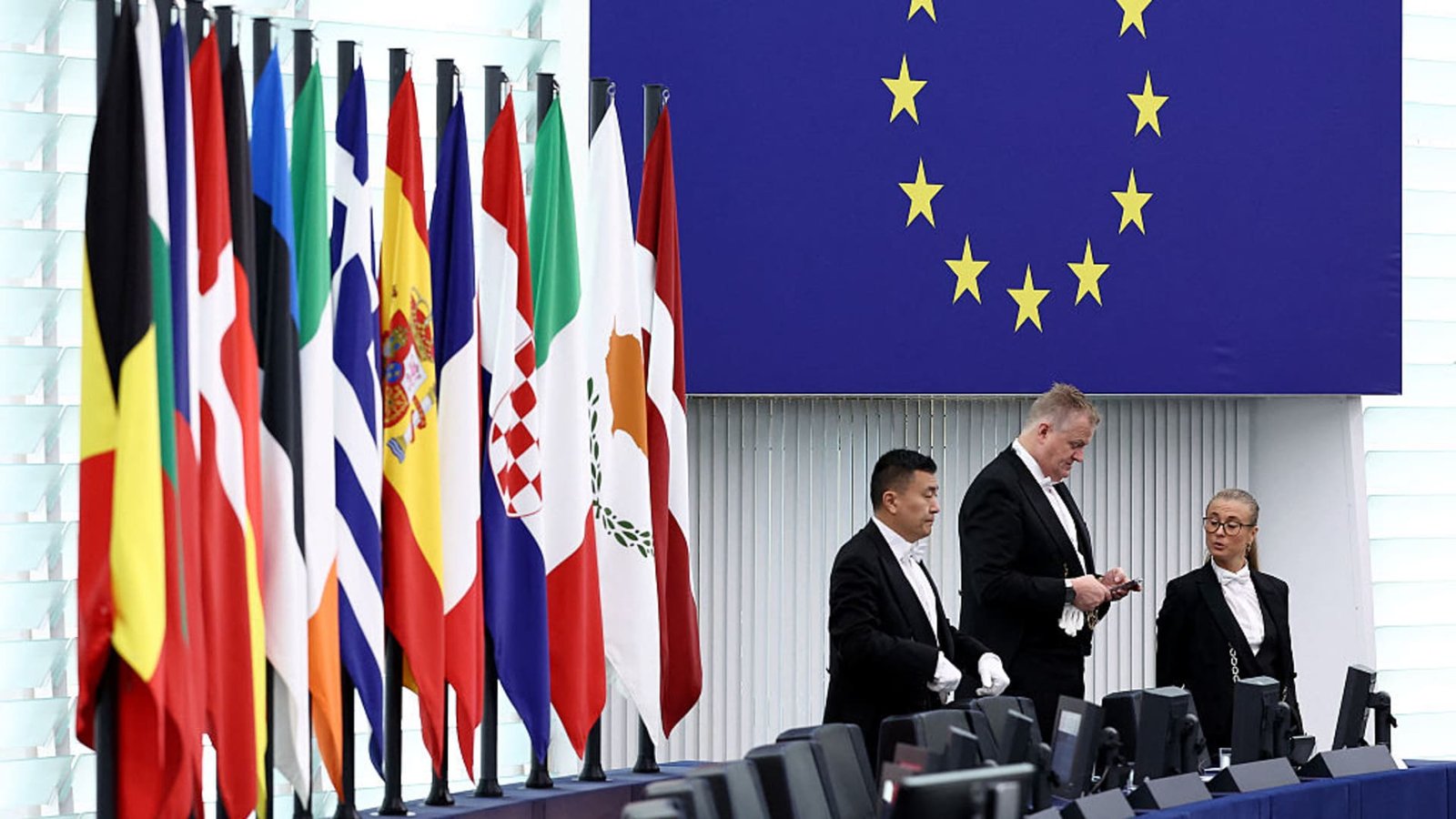After a week of global market jitters, the reaction to U.S. strikes on Iranian nuclear facilities will be front and center over the coming days. Meanwhile, a trio of heavyweight events could also shape the economic and geopolitical mood. From NATO tensions in The Hague to trade talks in Tianjin and industrial optimism in Berlin — investors will be watching closely.
- The stage is set for tense talks at the NATO Summit in The Hague on Wednesday where U.S. President Donald Trump is expected to exert further pressure on Europe to boost defense spending
- Summer Davos takes place in Tianjin, China from Tuesday to Thursday with China trade talks underway
- Day of Industry in Germany on Monday and Tuesday as engine of growth restarts
spectacular military success” that “completely obliterated” the country’s major enrichment facilities.
The strikes, which mark the first time the U.S. has conducted a direct military attack on Iran, mark a dramatic escalation in geopolitical tensions. Trump’s claim about the result of the operation could not be independently confirmed.
Iran Foreign Minister Abbas Araghchi slammed the U.S. strikes, describing them as “outrageous” and saying the country “reserves all options to defend its sovereignty, interest, and people.” Global investors will be scrambling to assess the fallout.
accused other members of owing “massive amounts of money” to the overall share of defense spending.
Fast forward to 2025 and the next NATO Leaders Summit with Trump is set to take place in The Hague, the Netherlands on Wednesday. Some problems are familiar – while defense spending has increased dramatically across Europe, countries like Spain risk derailing talks by calling the 5% of GDP target “unreasonable.” In addition, the war in Ukraine rages on. Meanwhile other problems are new – hostilities are rising between Israel and Iran, alongside other neighbors in the Middle East, are testing international relations to the limit.
U.S. Ambassador to NATO Matthew Whittaker, told CNBC’s “Squawk Box Europe” that the region should not expect a free ride from the U.S. on defense spending, as “the 5% target is not a negotiating tactic.”




